How to Help Kids Stop Fighting and Get Along – a Step by Step Guide
Inside: How to teach your kids to stop fighting and start getting along – a step by step guide.
“I want it!”
“I got it first!”
“I had it before you got it!”
“Well, I have it now!”
I went to the two arguing boys, and asked for the yellow toy sports car one of them held. He reluctantly handed it over.
“Now,” I said, “This car is going to take a break until the two of you either decide to play with it together, or figure out who will play with it first. When you make your decision, come and tell me.” I left the room holding the toy car, secretly wishing I had one just like that, but bigger, and drivable. I’d dress up all pretty, and go on a date with the man of my heart, and we’d drive into the sunset in a non-toy yellow sports car.
My daydream was cut short when I heard my boys behind me.
“Levi can have it first,” one of them said, “I’ll play with it after he’s done.”
“Ok,” I said, and returned the car to the boys.
This type of sibling war mediation works well, but not always. Sometimes you need to take other steps in order to keep everyone staying friends.
10 phrases you can use to help kids stop fighting and get along
You’ve finally put your feet up to take a short rest, and you hear:
“Moooom! He ruined our fort!”
“He broke my lego city!”
“He pushed me and I fell!”
“He said I’m a chicken!”
This came right after you’ve asked them to give you just 10 minutes of peace and quiet. You’ve been putting out fires all day, and you need a litte break. You’re feeling the butterflies in your chest and your face is getting warm.
Okay, breathe. Deep breath in, and hold it there. Then slowly let it out. Do it again if you must, but make sure you speak to your kids calmly. Because if you don’t, you might respond like this:
“Can’t you two just get along?”
“Leave your brother alone!”
“How many times did I tell you not to hurt each other?”
“Stop being mean to your brother!”
You might even add something about you being tired, about asking for just 10 minutes of peace, and why can’t they just be quiet for a few minutes?
None of these phrases will calm a frustrated child, or diffuse a heated sibling situation. Make sure you’re calm before you try to help kids stop fighting. Read How to Stop Yelling at Your Kids for tips on calming down. Call your children over, or go to them. If they’re in the middle of a fight, stand between them and say,
1. I will not let you hurt each other
Ask them to sit on the floor, and sit on the floor with them. Then ask them both to look at you. Next, you can use this phrase to help them calm down, too.
2. Let’s pretend we’re blowing out birthday candles
“Ready? Deep breath in, and blow.” They might laugh, they might pout, they might do it with a grumpy face. Say, “Oh, there’s three more candles left, ready? Blow!”, and then, “One stubborn candle is still burning, let’s give it one more big blow.” By the third deep breath, your children will be much calmer, and you can continue the conversation.
3. I’m ready to listen
Ask your kids to tell you what happened. Make sure you tell them who goes first and give the speaker a “microphone”. The mike can be whatever you have handy, a teddy bear, a toy baseball bat, or a banana. Only the child who has the mike can speak. Let them take turns to tell their story. Don’t be upset if they get frustrated when one sibling’s story doesn’t exactly match up with the other’s. Remind them about the microphone and let each tell their own side of the story.
After you hear them out, talk to them about feelings. Tell them that we’re made of feelings.
4. It’s ok to feel upset. Sometimes I get upset too
Tell them that if we didn’t have feelings, we’d be robots, and what’s the fun in being a robot? Robots just do what they’ve been programmed to do, and we are people, developing our characters and learning how to behave in difficult situations.
Emotional intelligence, or EQ, is a big part of building character. EQ is the ability to be aware of, express, and control your own emotions. Being able to do this will help kids grow into emotionally stable adults.
We need to teach kids to express their feelings in a healthy way.
5. Tell me how you feel right now
Ask them to tell you what they’re feeling inside. If they simply say, “I feel bad”, it’s a good start. Dig deeper and ask them if they feel sad, offended, or angry. If they say nothing, speak their emotions for them. “I think you’re feeling sad because your brother didn’t want you to play with him.” And to the other child, you may say, “It looks like you’re feeling frustrated because your brother keeps breaking the fort you’ve built.”
Ask them if you got it right. Hearing you say this will not only teach them to express their own emotions in words, but they also will be reassured that mom gets it. They will feel like you understand and that simple fact will build a strong bond between you and your kids.
Don’t be afraid of the word “angry”. If your child says he’s feeling angry or mad, don’t respond with, “It’s no big deal,” or, “Stop feeling angry,” or, “You’ll be fine.” He needs to realize that it’s ok to have feelings inside, even the negative ones. What you can do for him is to teach him how to express his anger by naming his feeling, and not by hitting his brother.
To release anger, you can offer your child a pillow to scream into. Don’t worry, the pillow will be fine, and your child will feel better after he’s let out steam.
Tell them how you feel, too. “I feel sad to see my boys fighting. I get upset when my kids are hurt.” Teach them how to express their feelings by showing them how it’s done.
6. Is there anything you want to say to your brother?
Give them a chance to apologize. Introduce them to this analogy to paint a picture of what happens when we use mean words, or hurt each other in other ways. If your child doesn’t feel that he needs to apologize, don’t make him. When we tell them that they must say they’re sorry, we’re devaluing apology. They must feel sorry to say they’re sorry. Give them a chance to offer an authentic apology.
If your kids can write, ask them to write letters to each other. Don’t tell them what to say in the letter, and if they ask, say, “Write what’s on your heart”, or “Write what you want your brother to know.” If your kids are too young to write, they can make drawings for each other. My five-year-old is just learning to write, but he’s amazing at expressing what’s in his head through his drawings.
Next, it’s time for troubleshooting.
7. What can you do differently next time?
Ask each child to tell you what they would do differently in a similar situation. Try not to tell them what they should or should not do, but rather give them a chance to think through it themselves. If they come up with a solution on their own they’ll be more likely to remember it next time.
It can be difficult to get through to strong-willed children. If your child is strong-willed, read Raising a Strong Willed Child.
8. How can I help?
You’re now offering your help if they still need it. Chances are, by this time everyone is calm and peace is made. Notice that we got their story and their feelings out first, offered a chance for an apology, and worked through troubleshooting. If they still need you to offer solutions, this is where you offer your help. This should not be your first step. Kids need to learn how to work on their differences between each other without relying on your help as their first step.
The next phrase is absolute gold. It’s like taking a magic eraser and starting from scratch.
9. How about a do-over?
Now that the story is out and troubleshooting is done, offer them a do-over. They can go back to playing together, building a fort, or making a lego city.
I often find myself saying this phrase to my children:
10. Remember, we are all friends for life
Here are a few inspirational quotes about siblings:
“Sometimes, being a brother is even better than being a superhero.” – Marc Brown
“First a brother, then a bother, now a friend.” – Unknown
“There’s no better friend than a sister.” – Unknown
“Sisters are for sharing laughter and wiping tears.” – Unknown
“Having a sister is like having a best friend you can’t get rid of. You know whatever you do, they’ll still be there.” – Amy Li
No matter what happens, your family will always be family, so let’s help kids stop fighting and get along, and stay friends with the people we have in our lives. And maybe, just maybe, the friends you make of the people you raise will one day gift you a non-toy yellow sports car to drive into the sunset in, with the man of your heart by your side.

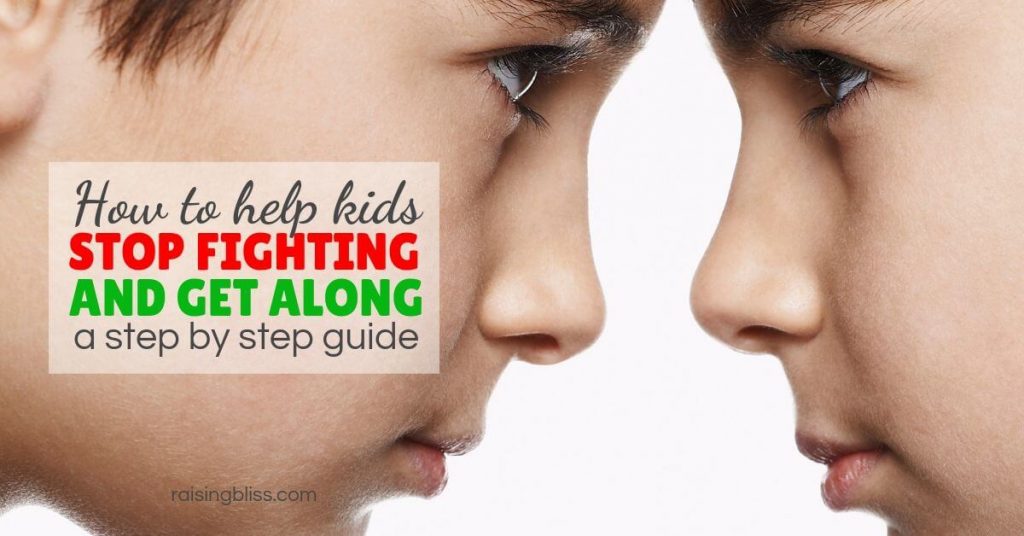
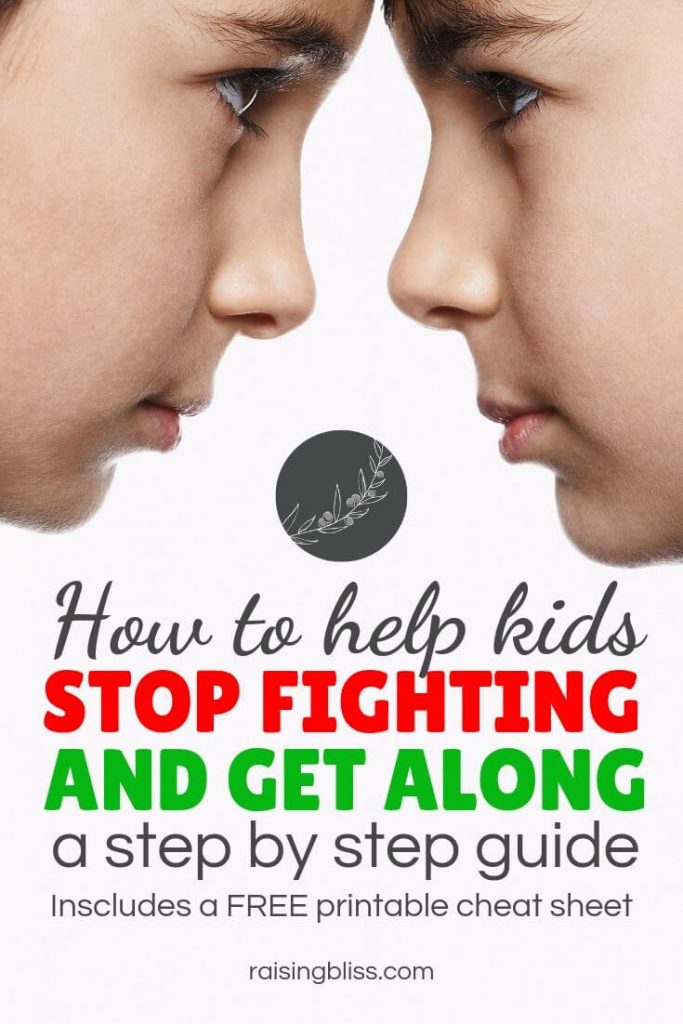
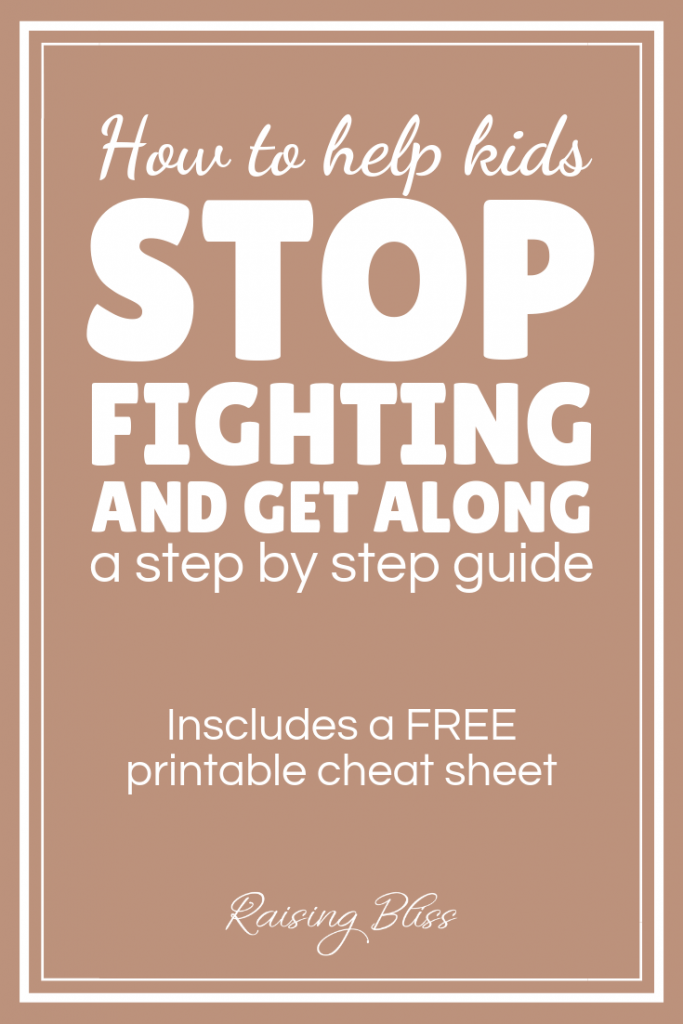
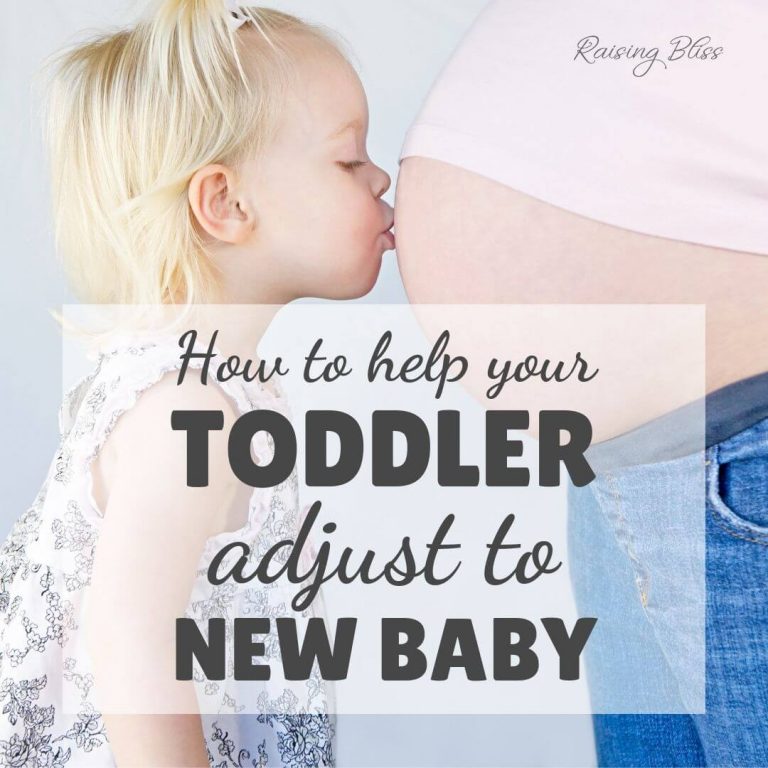
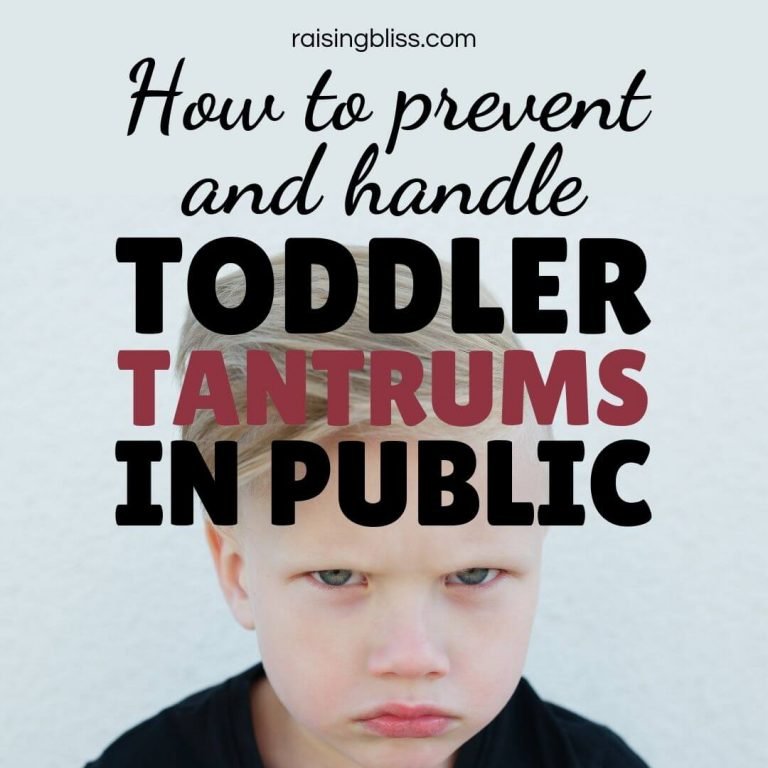
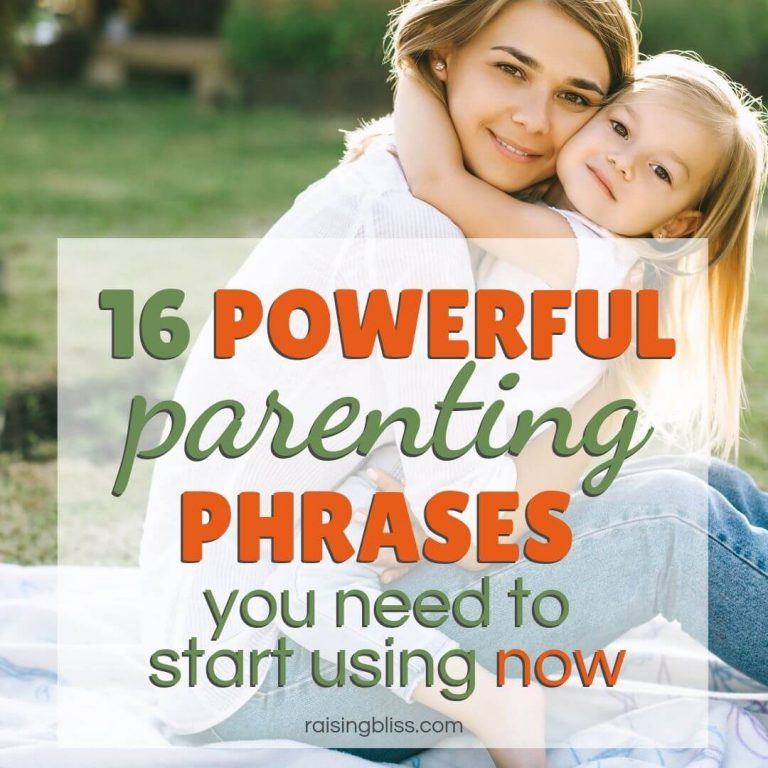
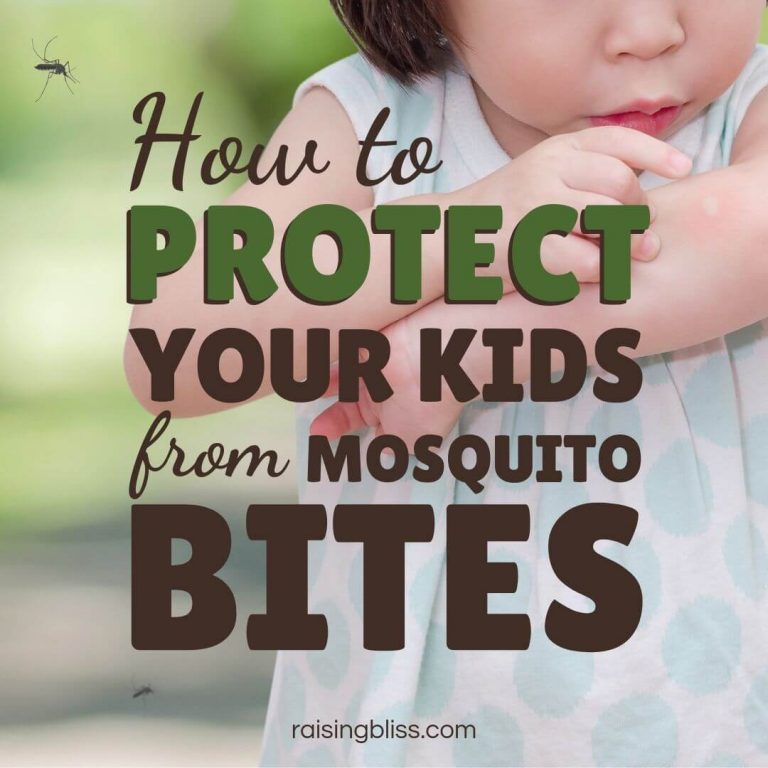
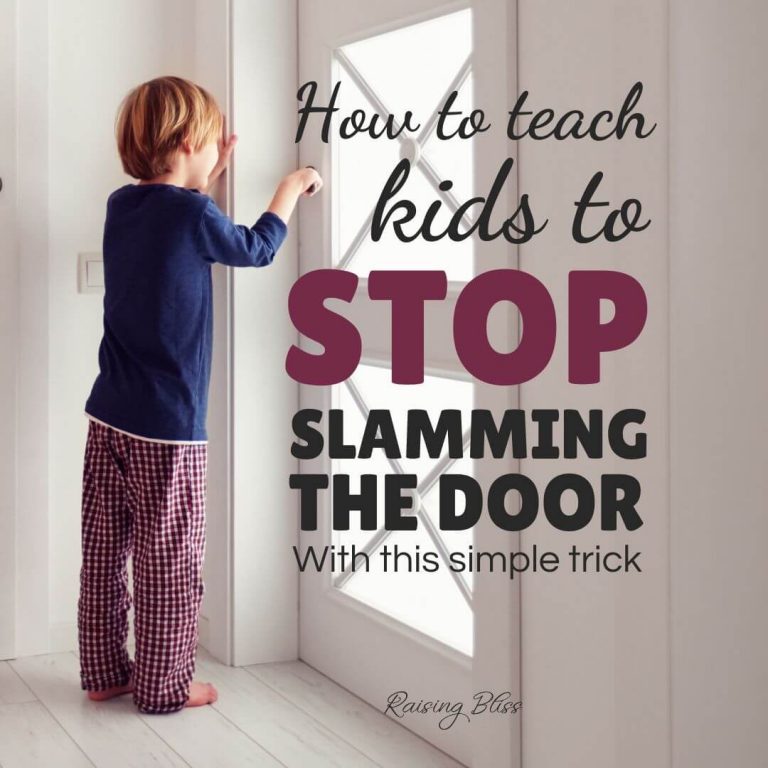
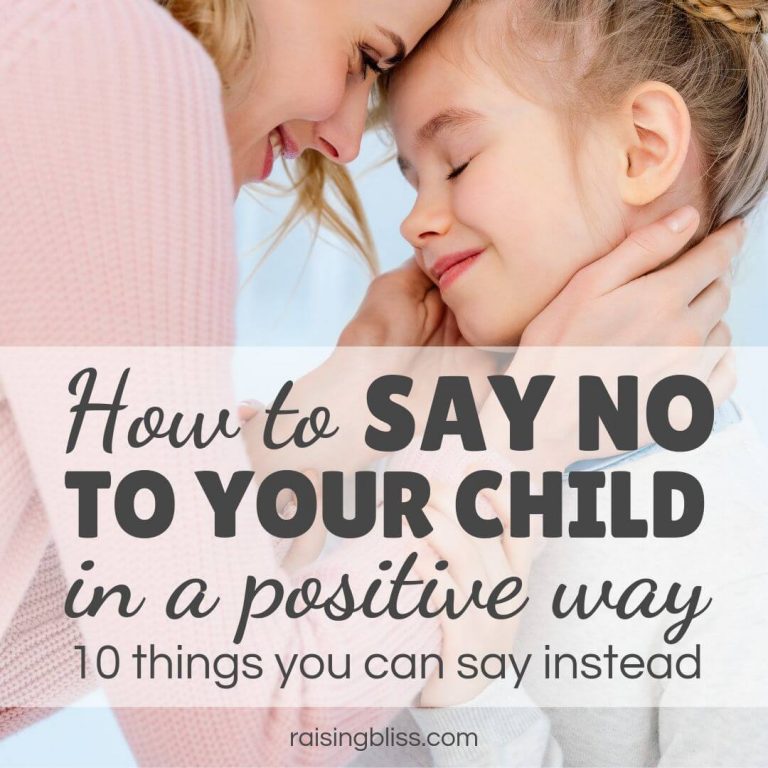
Love this post! We are definitely dealing with sibling squabbles this summer! I will be trying these phrases out.
Awesome, Elizbeth, I’d love to know how it goes!❤️